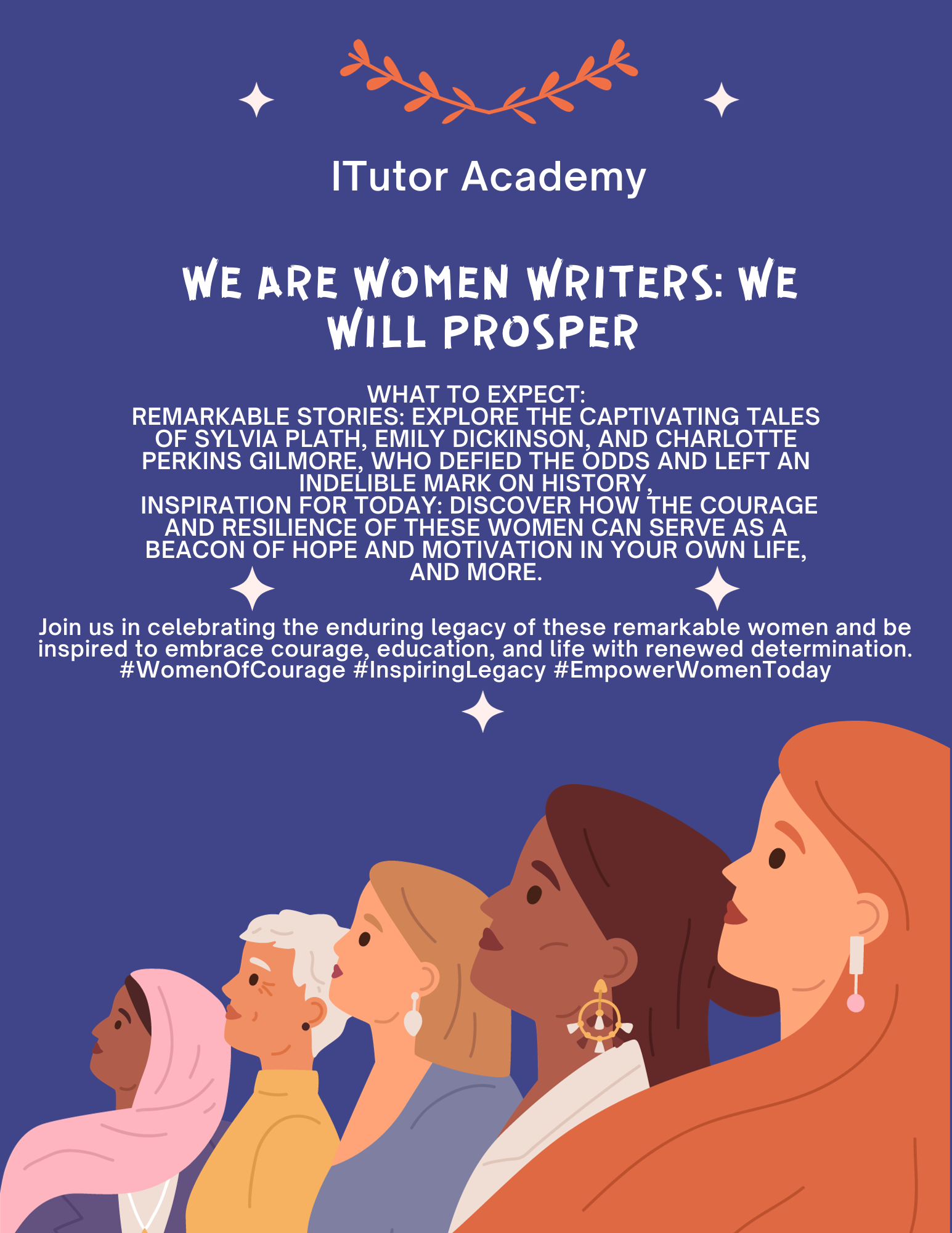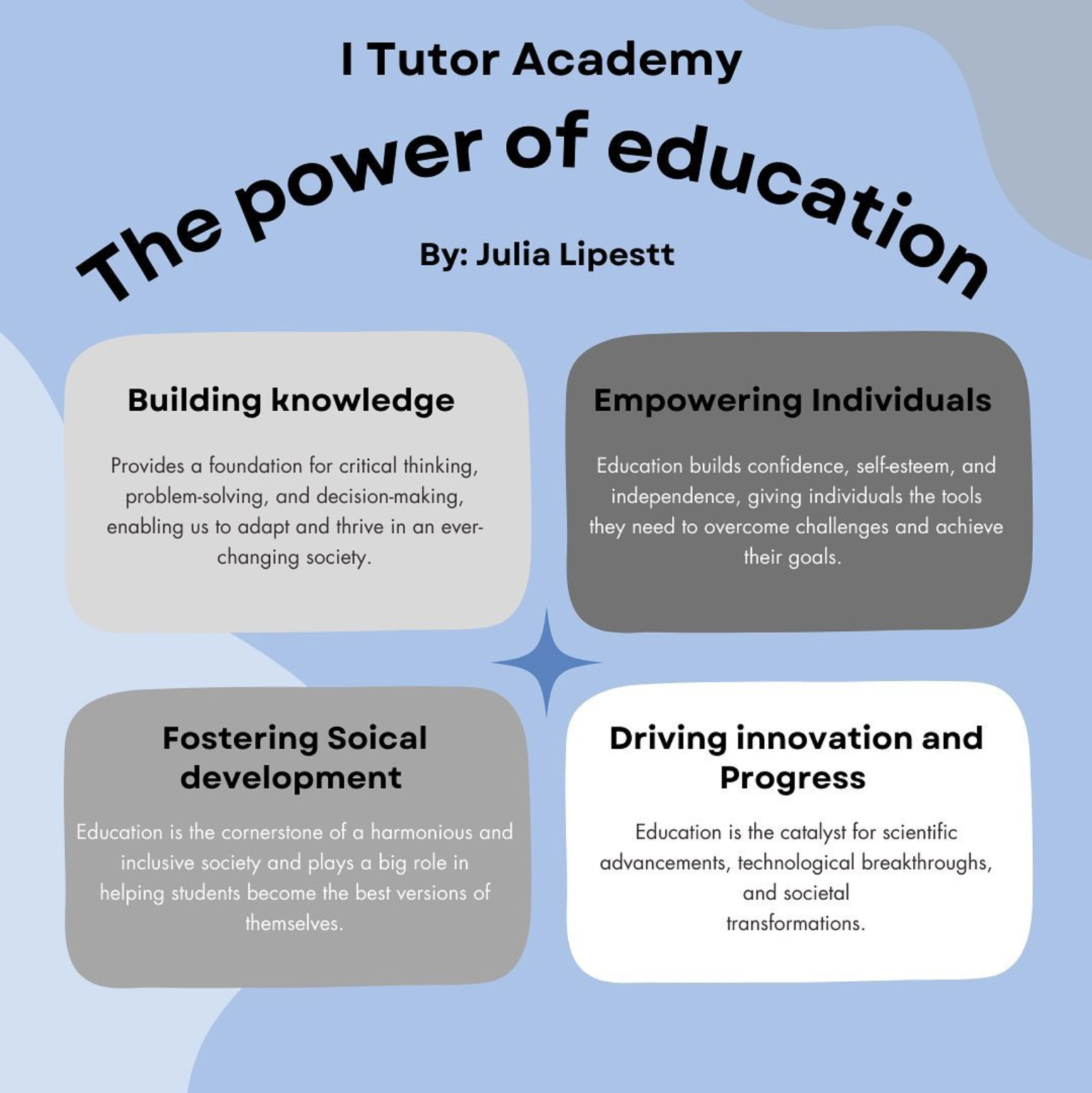By: Machelle Kabir
Since I was young, learning and going to school every day have been vital to me. I say “vital” because it is the
reason I awaken, breathe, eat, and then fall into slumber at night. When I was in kindergarten, I wanted to learn to xerox, read Moby Dick, and frequently talked my teacher into allowing me to pick books off the shelves meant for middle school students. Later, I set out to conquer all of Harry Potter, front to back, and I wondered how my peers could live their lives so whimsically without education. “What are they doing?” I thought. “Don’t they care about learning?” In high school, I wondered how my classmates could go to parties. “What about school?” The idea that I needed to be learning all of the time, anytime, has never left me. Education and knowledge are my callings.
While in my AP literature class senior year, I started reading Sylvia Plath and fell further into the world of books and poetry. The pressure of getting into college had weighed on me, and my thoughts felt as if they were making my blood boil, but as we read, that boil settled down to a simmer, then wholly cooled. Instead of paying attention to my stress, my eyes were glued to the words on the page: “Herr God, Herr Lucifer / Beware / Beware / Out of the ash / I rise with my red hair / I eat men like air.” Her words surprised me — vulgar at best, mortally depressing at worst. I remember my teacher asking us what we thought, but I was too stunned to speak. That night I went to Barnes and Noble and wandered the aisle until I found Ariel: The Restored Edition by Sylvia Plath. I stayed up, candles lit in my dark room, as I read every poem line by line and started annotating.
Her words, although dismal, were enlightening. She is the accurate, transparent depiction of what it was like to be a mentally ill female in the 1960s. I could not stop reading; I had to know more. How did she prosper through all the limitations placed upon her as a woman, especially educationally? So I picked up The Unabridged Journals of Sylvia Plath. Again, my reading nights became frequent, and my eyes tired, but I did not care. I fumbled through the pages finding more information on how Plath’s mental illness slowly ate away at her: “I am jealous of those who think more deeply, who write better, who draw better, who live better, who love better than I. What a fool!” Then I bought The Bell Jar and devoured it just as I had the rest of her books: “If a neurotic wants two mutually exclusive things simultaneously, then I’m neurotic as hell. I’ll be flying back and forth between one mutually exclusive thing and another for the rest of my days (Plath).” Plath speaks ferociously and writes beautifully, even though she lived during a time in which she was told to become a housewife, or at most, work in a factory line up. Her knowledge was remarkably irreplaceable, and something that not even modern day misogynistic views could withstand.
After reading and re-reading Plath for several months, I looked into Emily Dickinson, yet another infamously
mentally ill writer. I picked up Open Me Carefully: Emily Dickinson’s Intimate Letters To Susan Huntington
Dickinson on a whim and opened to a page where Dickinson describes how Sue, her sister-in-law, makes her happy. Due to her everlasting depression, Sue is the only thing that makes her happy: “Dear Susie-happy Susie- I rejoice in all your joy (Dickinson 2).” Dickinson speaks of Sue the same way I talk of my education, as I rejoice in all of its joy.
Before I was met with the creative genius of Plath or Dickinson, I was introduced to Charlotte Perkins Gilmore in my first year of high school. Gilmore wrote The Yellow Wallpaper, a semi-autobiographical story that dealt with the trials of postpartum depression. The main character experiences postpartum depression; however, she is shunned and tucked away in a psychiatric ward. It is important to remember that at the time of publishing this piece, 1892, mental health, especially postpartum depression, which surrounds reproductive health, was never discussed. Gilmore suffered from said disease and never fully recovered. Even with her own mental health issues, on top of that, being a woman, Gilmore still prospered through this, holistically and has been added to the National Women’s Hall of Fame.
We must ask how such strong women came to the stand during such a tedious and difficult time. They must be remembered as one of a kind, and today as women we must remember to take on the same courage they had when it comes to handling both our education and our lives


